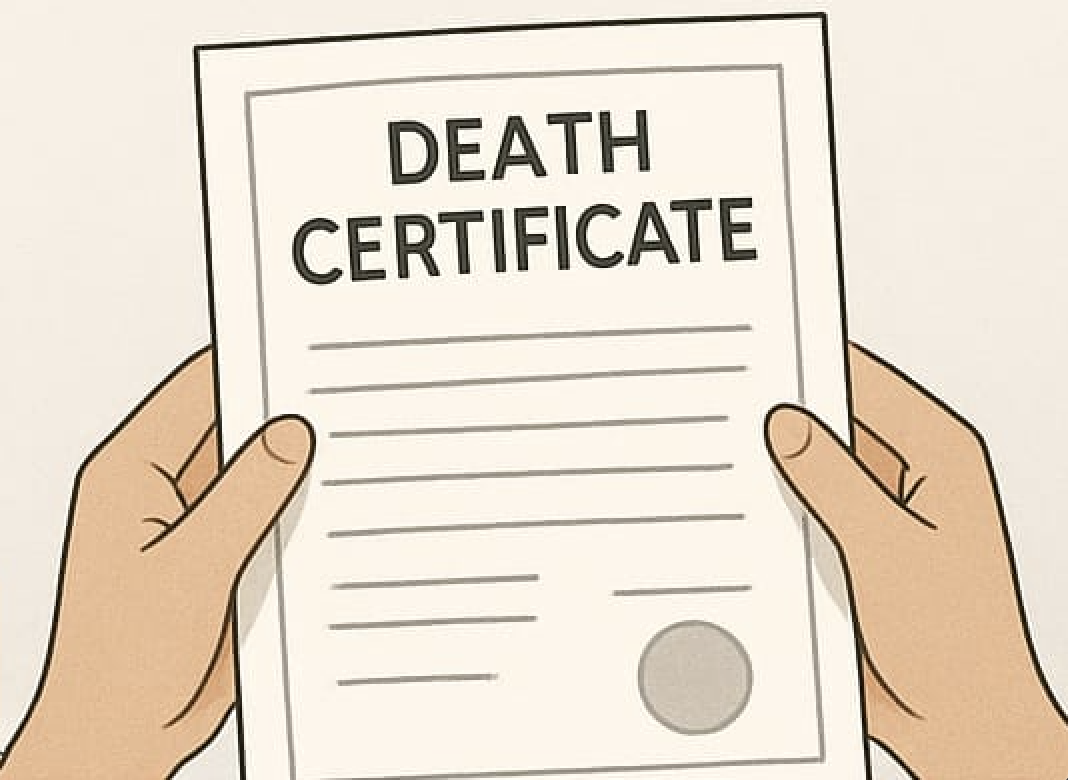How to arrange an affordable funeral
Arranging a funeral quickly after a death can be costly and stressful. This 500‑word guide gives practical, affordable steps for families while respecting cultural and religious practices.
Plan first, act fast
- Set a budget: List essential items (coffin or shroud, burial or cremation fees, transport, venue/venue hire, clergy/ceremony fees, basic catering) and optional extras (flowers, printed programmes, large receptions).
- Delegate roles: Assign one person to handle finances, one for logistics, one for communications and one to liaise with the church or family elders.
Choose cost‑effective options
- Shroud vs coffin: Some communities accept a shroud for burial; coffins vary widely in price. Local carpenters can make simple, dignified coffins at lower cost.
- Local cemetery vs private: County cemeteries are usually cheaper than private graveyards; check availability and permit procedures early.
- Simplify catering: Offer light refreshments (tea, samosas, bread) instead of large sit-down meals; partner with church/community volunteers to prepare food.
Funeral home and service providers
- Compare quotes: Get 2–3 quotes for hearses, embalmment (if required), coffin, and transport. Ask for itemised bills.
- Negotiate: Many providers will lower prices or offer payment plans for community members. Be clear about what’s essential.
- Use community networks: Church groups, chamas, and neighbours often provide vehicles, volunteers, and food at low or no cost.
Paperwork and permits
- Death certificate: Obtain the medical certificate of cause of death and register with the county registrar promptly. You’ll need certified copies for insurers, banks, and the burial permit.
- Burial permit: Apply to the local county or cemetery manager. Bring the death certificate and identity documents. Fees vary by county.
- Religious/legal ceremonies: Book clergy, imam, or traditional officiant early; they may waive or reduce fees for immediate family.
Save on transport and venue
- Local venues: Hold wakes at a family home, church hall, or community centre rather than hired banquet halls.
- Shared transport: Use family cars or community vehicles for mourners instead of hiring multiple taxis.
Manage funeral costs with community funding
- Chama and church funds: Many chamas and churches have emergency funeral funds. Ask immediately—these are often fast and low-cost.
- Crowd contributions: Informal collections at church or a simple M-PESA paybill can raise funds quickly—provide clear purpose and receipts.
- Pay later: Negotiate with providers for payment after the funeral; get agreements in writing.
Keep records and receipts
- Record all expenses, donations and who provided what. Receipts are essential for insurance claims and estate accounting.
Cultural sensitivity and dignity
- Maintain cultural and religious rites that are most important to the family; simplify non-essential elements. Communicate clearly with elders and religious leaders about the budget and decisions.
Practical checklist
- Set budget and assign roles.
- Obtain medical certificate and register death.
- Get 2–3 quotes for coffin, transport, and funeral services.
- Apply for burial permit and cemetery plot.
- Arrange venue (home/church), light catering, and clergy.
- Use chama/church funds, M-PESA collections, or family loans for immediate cash.
- Keep receipts and note donations.
Affordable funerals can be dignified and culturally respectful with clear planning, community support, and prioritising essentials.




